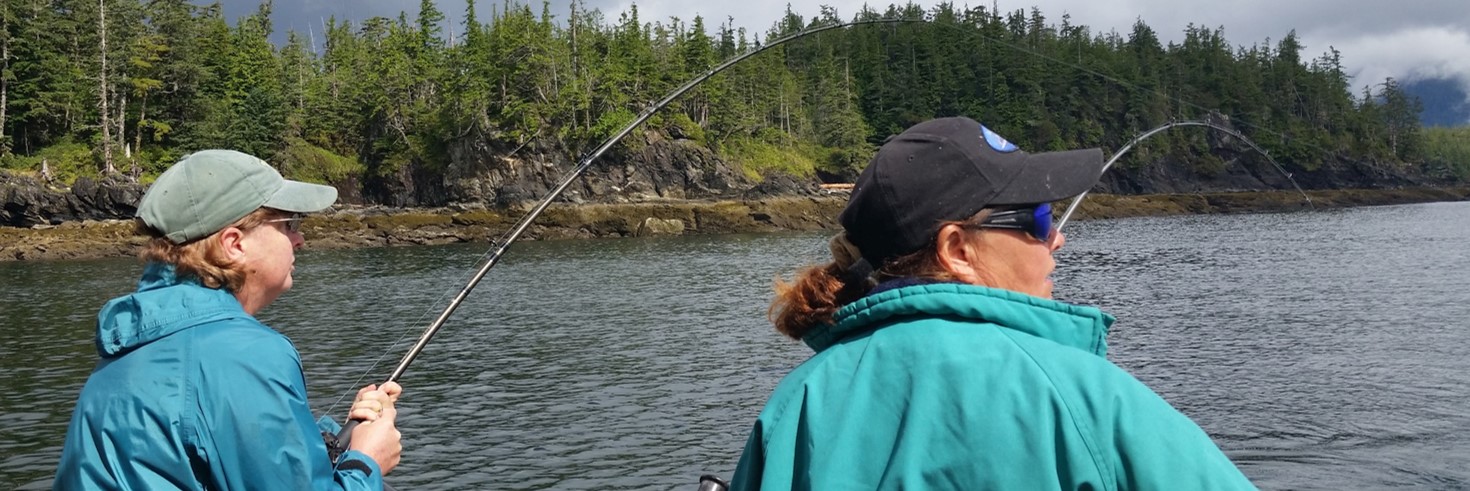Quantifying the cost of replacing North American recreational and subsistence fisheries caused by climate change

Objectives
-
1) Develop a process to assess the effects of climate change on global inland fisheries
2) Quantify replacement costs for inland fisheries
3) Quantify replacement costs for inland fish globally, and at finer spatial scales (e.g., Mekong River Basin) in relation to food security.
4) Quantify the replacement cost of North American inland fisheries, which are primary used for recreational angling and fish national/tribal subsistence.
Overview
There is no comprehensive assessment of how climate change affects inland fisheries at a global scale. We will focus on developing and implementing a global assessment of climate change on inland fish and fisheries that builds on a similar assessment in North America. The outcomes of this project will help future inland fisheries management and conservation efforts by identifying the current state of knowledge related to climate change and inland fish and fisheries and identify knowledge gaps and management needs in this area. Recreational fishing is very popular in the US and Canada and provides a substantial economic benefit. However, there is concern that as fish communities may change in the future due to climate. Our objective will use existing data to determine how recreational fisheries cost may change due to 1) anglers switching to other forms of recreation, 2) anglers willingness to target different species, 2) revenue changes for towns that focus on fishing, or changes in revenue for fishing guides and other stakeholders, 3) changes in agency costs to raise or maintain fishes through hatchery production and stocking, and 4) environmental costs to maintain habitat for preferred species. We will also evaluate possible implications of changes in tribal harvest due to climate change. The work will likely focus on areas with existing data (e.g. Upper Midwest of the US, Pacific Northwest, and/or Alaska. Final determination of location will be based on available data. This project will compliment ongoing work with collaborators at the University of Hull who are determining replacement cost of inland capture fisheries globally and at a finer scale (the Mekong River).